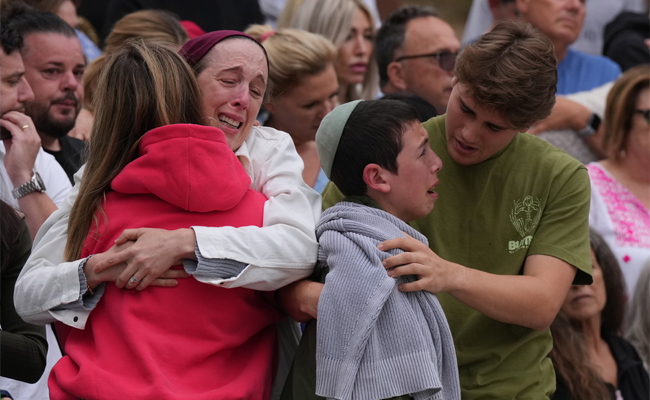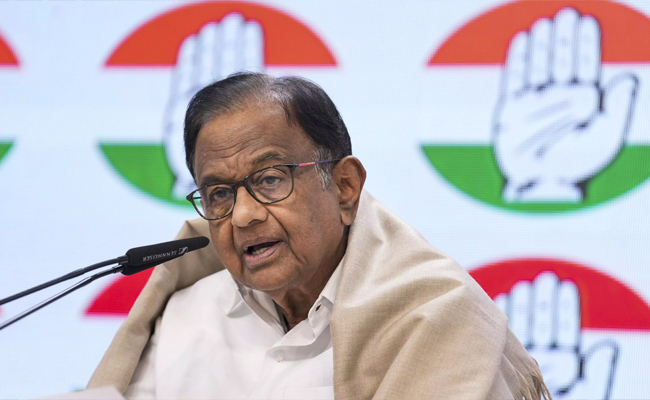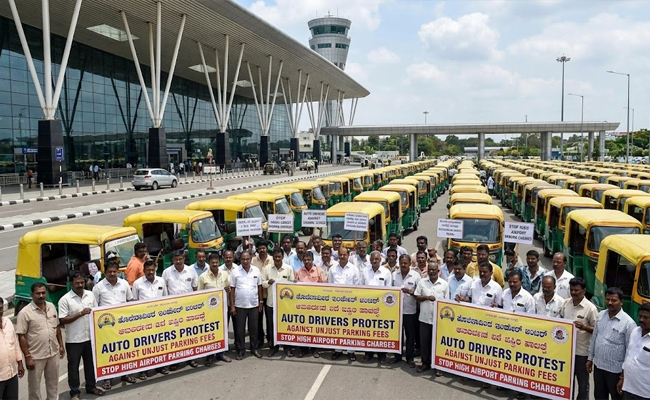Bengaluru : Retired IAS officer and former Karnataka Chief Secretary K Ratna Prabha has categorically denied joining the BJP in light of multiple reports suggesting she has joined the Opposition party in the state.
“I have not joined the BJP, I am not even in Bengaluru. This is all fake news. This has made my life miserable and I am getting calls all throughout the morning. Nobody has even approached me,” the ex-IAS officer told TNM.
She added that someone with a personal vendetta could have planted the news for the CM was planning to give her an assignment.
Reports published both in Kannada and English media suggest that the popular bureaucrat had been roped into the party, keeping in mind the Lok Sabha elections in May 2019. The reports even suggested she could be pitted against Congress heavyweight and Leader of Opposition in Lok Sabha, Mallikarjun Kharge.
Ratna Prabha had retired from the post of Chief Secretary at the end of June, after talks of her getting a second three-month extension did not materialise. She is very popular in the Hyderabad Karnataka region, having served many positions there, including as the first woman District Collector of Raichur in the northwestern part of the state during her 37-year-old career.
An IAS officer of 1981 batch, she was appointed as the third woman Chief Secretary in the state ahead of the elections by then CM Siddaramaiah in November 2017 and was due to retire in March.
Earlier, BS Yeddyurappa, the state BJP president had attacked the then CM for choosing Subhash Chandra Khuntia (who was then away on a central deputation) over Ratna Prabha in September, 2016, for the Chief Secretary post.
The reports of her joining the party came after former Congress minister Baburao Chinchansur joined the BJP. It was suggested that moves would help the BJP storm the Congress bastion.
A senior BJP functionary in the state claimed he came to know about the incident only after reports appeared in the media. “I also saw the report in the papers. But as far as I know there has been no such development. But only our state president has to say the final word on this,” he said.
courtesy : thenewsminute.com
Let the Truth be known. If you read VB and like VB, please be a VB Supporter and Help us deliver the Truth to one and all.
Melbourne (PTI): Three Indian students were among 40 people injured in the terrorist attack on Sydney's Bondi Beach in Australia, according to a media report on Tuesday.
Two out of these three students are believed to be receiving treatment in the hospital, The Australia Today news portal reported.
The names of the Indian students injured during Sunday's attack have not been disclosed yet.
ALSO READ: Affront to non-Hindi speaking people: Chidambaram slams use of Hindi words in bills' names
The Indian students sustained injuries during the shooting, and their exact condition has not been formally confirmed yet, it said.
Naveed Akram, 24, and his father, 50, opened fire on a gathering during the Jewish festival Hanukkah by the Sea celebration.
At least 15 people were killed in the attack, including a 10-year-old child. Five of the injured remain in critical condition, while two injured police officers are in serious but stable condition, it added.
New South Wales Police Commissioner Mal Lanyon said the investigation is expanding as new information emerges, including international travel by the alleged attackers and the discovery of extremist material, the report said.





